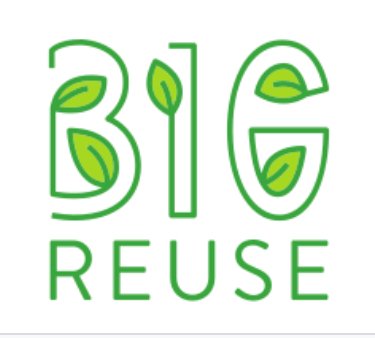In good news, yesterday, GrowNYC received an anonymous, private donation that will allow them to operate their compost collection program through the end of Fiscal Year 2024 despite the impending budget cuts.
In response to this news, Speaker Adrienne Adams, Council Member Sandy Nurse, Chair of the Committee on Sanitation and Solid Waste Management, and Council Member Justin Brannan, Chair of the Committee on Finance issued a statement emphasizing that seven other NYC composting organizations are still facing elimination as we have not had our funding restored. We are so grateful to the council members for vocally supporting the work of all NYC's composting programs and employees! Thank you Council Members!
Read their statement below:
“However, philanthropic support should supplement, not supplant funding from the City. While this generous support is welcome, this Administration must work with the Council and all stakeholders towards long-term, sustainable funding for our localized composting programs and other essential services. Other key organizations whose funding must be maintained include the Lower East Side Ecology Center, Big Reuse, Earth Matter NY, and the botanical gardens, which have over 50 employees that will be laid off by January if their funding is not restored.
“Community organizations across New York City compost 8.3 million pounds of food waste annually and distribute over 1.7 million pounds of locally made compost to parks, gardens, and residents. They also provide our strongest public outreach and education efforts for the millions of New Yorkers who participate in the City’s curbside organics collection program created by the Council’s new law.
“The work of these organizations is even more critical now that the Mayor cut an additional $6.55 million from the Department of Sanitation’s outreach and communications contracts over the next two fiscal years. These cuts are counterproductive given that DSNY is mandated to start curbside organics collections in Staten Island, the Bronx, and Manhattan by the end of 2024. Without community composters, the city will not have successful participation rates in the program, which we need to reach our zero waste and sustainability goals as a city.”

